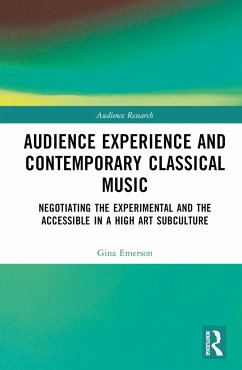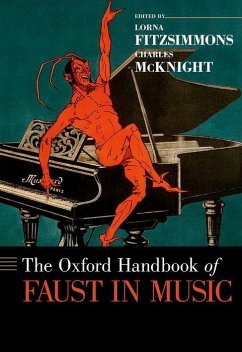
Class, Control, and Classical Music C
Versandkostenfrei!
Nicht lieferbar
Why is classical music predominantly the preserve of the white middle classes? Through a richly detailed ethnography, this book contributes to this ongoing debate with a timely and provocative intervention, locating classical music within one of the cultures that produces it--middle-class English youth -and foregrounds classical music as bodily practice of control and restraint.










